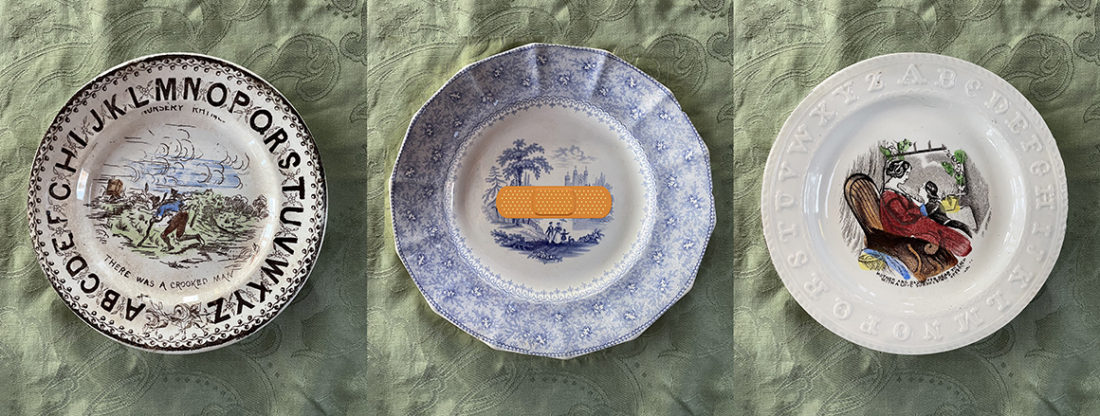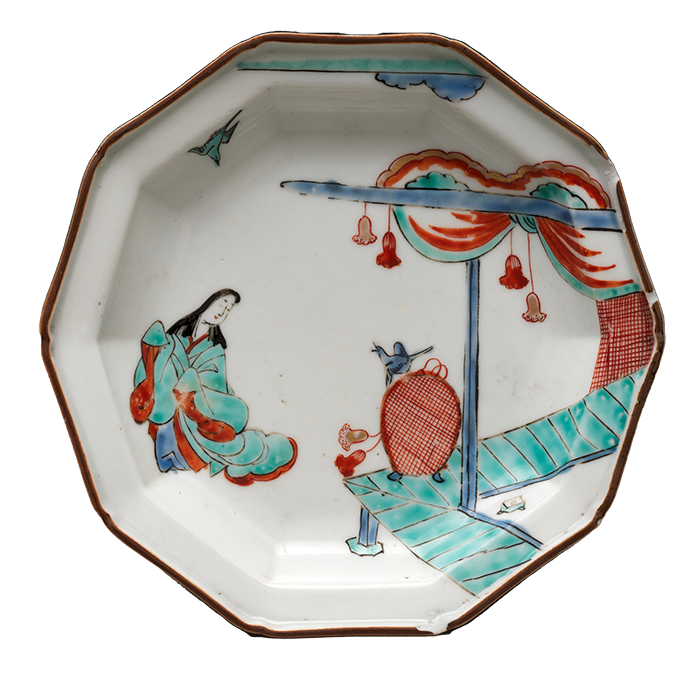Words matter. What we call things matters. As a poet and writer, I know this better than I know almost anything else.
When my father died, it was the greatest loss I had endured, but there were words to describe the feelings. The language of grief is well-known. But what we all have collectively and individually experienced during Covid is so unique, I quite literally did not have words. At least, I didn’t know them yet if they did exist. This lack resulted in my becoming quiet when I needed communication and connection the most.
On March 13, 2020, the elementary school where I was the Intervention teacher closed down at dismissal. Panicked and frantic teachers rushed to send students off with two weeks of work. I knew it would be for more than two weeks since my youngest sister who lived in Northern Italy at the time had already had schools and more down for two weeks, and there was not talk yet of anyone returning to school.
What was the word to describe that kind of complete and radical uncertainty the likes of which I had never experienced?
Dire directives filled the news. All across the world, we all prepared to stay home without any real understanding of what Covid really was, how it would impact us or how long it would last.
The next week, my youngest sister became sick. She lived in northern Italy at the time. Up until that time, she and I had been talking on the phone weekly, but she literally didn’t have the breath to speak on the phone then. Our family worried about her incessantly and fearfully. We watched the news stories from Milan and saw the caravans of military vehicles carrying bodies from the city because they could no longer bury the dead fast enough.
How does one describe that emotion? Terror? Unknowing? Desperately trying not to imagine the worst? What do you call it when your heart literally hurts out of worry and concern?
Here in LA County, I tracked the reported cases every day, followed every single covid recommendation, guideline, request and mandate. I watched YouTube videos to learn how to wash my groceries imagining that Covid germs were like glitter stuck to everything and was nearly impossible to remove. I stayed in my apartment. I saw no one not family, not friends, not even my boyfriend of eleven years, no one but Mary the checker at Vons. I was grateful then for the mask to cover my emotion at seeing her and being able to look another human in the eye. I kept telling myself it was temporary, temporary, temporary. I could endure it. But there were moments when I wasn’t sure.
What do you call that feeling? What do you call the terrible heaviness of it?
Early on in lockdown, a group of creative friends of mine started meeting weekly on video to connect and create. We took turns choosing a photo for inspiration and we wrote, painted or drew in response. Here is one of my Creative Time efforts:
want
tall palms sway
chatting in triads
Catalina Island silhouetted
in the far away distance
craggy hills disappear
at the isthmus
a bright persimmon stripe
glows below a long wide cloud
that dissolves into a darkening sky
sapphire swells roll
toward the palms
they will never meet.
a blue roofed lifeguard stand
observes
they call to each other
palm and wave
wave and palm
longingly
hopefully
until the stars shine
over the sleeping sea
This attempt at describing the distance even now seems radically inadequate. Where is the emotion? Where is the extreme isolation? I liked the poem at the time, but now I wonder how I could have written “chatting” and “sleeping sea”. These words are so far from how I was actually feeling.
After a while, not only could I not come up with anything to write at our Creative Times, but I found I didn’t have much to say to my friends either. Eventually, I just stopped going.
For nearly one hundred days, I went on like that. The weight of the isolation accumulating in my body. Hot flashes returned with a vengeance. Random dizzy spells kept me from walks outside at times. When I wasn’t on video conference for work with my students, I cried. I cried. I cried. I did not even think to ask for the words to describe what I was going through then.
In June when school was about to be over, I realized that for the first time in my thirty-six years of teaching, I was afraid for the summer break to come. If I did not have students to get up for, would I get up at all?
Is there a word for that?
As my youngest sister finally started to feel better, she started a social media presence meant to bring lightness to kids during lockdown. I made a short video meant to be encouraging. But I contained my own painful isolation so poorly that my attempt brought my sister to tears.
When I finally saw my boyfriend face to face, we did the usual things we had done before Covid. We walked and talked and had dinners outside. I desperately wanted him to understand what I was experiencing, but I didn’t have the words. I didn’t know how to describe the crushingness of it, the complete overwhelmingness of the isolation. Even now, those words seem small in comparison to the actual experience. So, I mostly stayed silent.
During the summer, I met my son once for a hike outside. I kept trying to extend the time together. How about lunch? Should we grab a sandwich? Let’s take some pictures. I didn’t see him in person again until December.
What’s the word for the ache being a world apart when you’re really only actually less than one hundred miles?
After the summer, my job changed. I was to be a third-grade teacher, a job I hadn’t done in years. And it was going to be all over video conference. There would be no going to work, no leaving the house each morning, no interaction in person. I wondered how I would learn to do that, whether I could be successful at all. How I would contain my own spiraling emotions and keep them from showing.
What was that emotion? Dread swirled with fear with a deep worry that I just wouldn’t be able to do it?
As the school year began, my insomnia worsened. I often woke up at 3 am. I forced myself to get out at dawn and walk the beach after it was finally opened. The exercise helped. The beauty of the sunrise helped in the moment. The deep desire for me not to show my own feelings to my eight-year-old students helped.
What’s that called? Reprise? Reprieve? Break? Temporary?
One sister who lives nearby tried in a loving and supportive way to help. We talk daily via phone. She listened to me cry. She sent me the Book of Joy which is indeed uplifting. I wrote on my bathroom mirror to remember particular phrases to remind myself to try harder to be positive, to be OK.
What’s the name for that trying to hang on feeling? Those failed attempts to remind yourself of good things and better ways to think? Is it hope? Despair? Growing fear for my mental health?
Conversations with my boyfriend got worse. It didn’t help that our politics were completely opposite and everything was political. The more he railed about his thinking, the more silent I stayed except for the times I erupted in anger, pain and swear words. After twelve years, the relationship ended in a furious, angry and painful silence.
At least I had words for that. Breakup, tremendously hurt, broken-hearted, alone, crushed, lost, lonely…
During Covid, I kept my income. I paid my bills. I worked. I afforded food and even shopping online. Compared to what others endured, my extreme solitude doesn’t seem like such a hardship. Trauma seems like such a big word and appropriate for those who lost so much but not for me. In therapy finally, I’m beginning to learn how to talk about what I am enduring.
What’s the name for what I experienced? Micro-trauma? Mini-issue? Weakness? Depression? Anxiety?
Why is it so important to me to share what I went through? We humans are hardwired to connect with each other, need each other. Maybe from being isolated for so long the only way to reconnect is to understand others’ experiences and have mine understood. I know that post lockdown, despite being an introvert, I crave that connection with people more than I ever have before. I long for it. And I value it so very much.
I’ve been changed. I’m more fragile now. Some days I feel like a walking bruise that is pressed upon. Other days, I feel lighter. The lighter days are growing in number.
I know what I want going forward. And it isn’t spending time alone.
Laurie has published in magazines and journals including Ginosko and Writer’s Digest, and has written three books, including a collaboration with Tom Scherschel entitled A Fistful of Mud, a collection of poems and paintings to inspire children's creativity.
- Words and Silence During Covid - December 5, 2022

